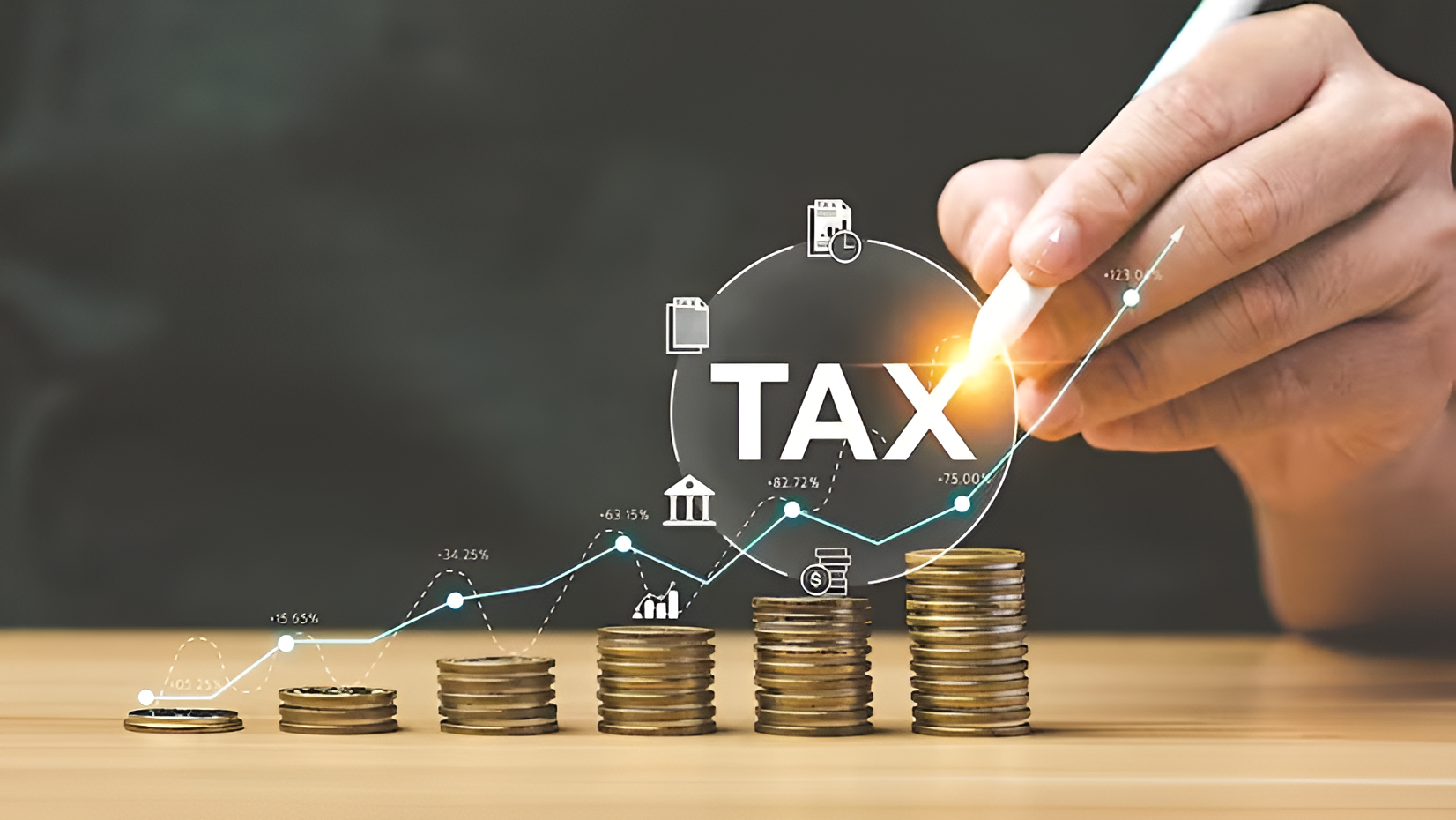The Sri Lankan government has implemented significant changes to its income tax structure through the Inland Revenue (Amendment) Bill, published in October 2022. These changes aim to improve the country’s financial situation and affect individual taxpayers, corporations, and various industries.
Individual Income Tax Brackets and Reliefs Revised
The Bill introduces new tax brackets with varying rates depending on the income earned during specific periods. This applies to income earned between April 2022 and March 2024. Additionally, personal relief thresholds have been adjusted, and the previously available expenditure relief has been eliminated.
Maximum Tax Rate Hike and Removal of Exemptions
The maximum tax rate of 14% for specific income sources, such as gems and jewelry payments or renewable energy generation, is no longer applicable. This indicates that these income sources will now be taxed at the standard rate based on the new tax brackets.
Advance Personal Income Tax (APIT) Now Mandatory
Previously, Advance Personal Income Tax (APIT) was applied only with employee consent. However, the new legislation mandates APIT for all employment income, streamlining the tax collection process.
Corporate Tax Rates Increase Across the Board
The Bill dictates a rise in both standard and concessionary corporate tax rates. This means companies will pay a higher percentage of their profits in taxes. Furthermore, the Capital Gains Tax rate for corporations has been increased to 30%, impacting profits from asset sales or investments. It’s important to note that some entities like partnerships and trusts remain subject to the previous 10% Capital Gains Tax rate.
Tax Exemptions Removed for Certain Industries
Several industries that previously enjoyed tax exemptions, such as information technology, vocational education, and specific export businesses, will now be taxed at the standard 30% corporate rate. This change aims to create a more uniform tax structure across different sectors.
Advance Income Tax (AIT) and Withholding Tax Rules Updated
The Bill introduces new regulations regarding withholding tax on various payments, including rent, interest, dividends, and service fees. These changes aim to simplify tax collection at the source for specific transactions. Notably, resident company dividend payments are now considered final withholding tax, meaning recipients are not liable for further income tax on those dividends.
Reduced Timeframe for Appealing Tax Assessments
The Bill shortens the timeframe for taxpayers to appeal an income tax assessment from 30 days to 14 days after receiving notification. This compressed timeframe emphasizes the importance of promptly addressing any discrepancies with tax assessments.
Impact on Taxpayers
These tax law changes will undoubtedly affect individual taxpayers and businesses in Sri Lanka. It’s crucial for individuals to understand the new tax brackets and consult a tax professional or the Inland Revenue Department to determine the impact on their specific circumstances. Similarly, businesses should carefully review the revised corporate tax rates, capital gains tax implications, and the removal of industry-specific exemptions to ensure proper tax compliance.


